14, September 2018
Cameroon presidential poll materials ready 0
Materials meant for Cameroon’s upcoming presidential elections were printed in Germany. The process has been finalized and handed over to the country’s diplomatic mission in Berlin, a local news portal 237online reported earlier this week.
The election materials are due to be transferred to the country ahead of the October 7, 2018 vote in which incumbent Paul Biya is seeking an extension of his mandate.
The body in charge of the process, Elections Cameroon, ELECAM, cleared Biya and eight other aspirants to contest for the presidency. The vote will be the last installment of a busy election year. Voting for the legislative chambers have all been executed earlier this year.
The 2018 presidential race will take place in a delicate and volatile context, with the so-called Anglophone crisis and its attendant violence threatening daily life in the Southwest and Northwest regions.
However, there are doubts that the election will be free and fair, or whether at all they will take place especially in the Anglophone regions which have been in turmoil for the past two years, when residents started pressing their claims for more autonomy and now independence under the banner of Ambazonia Republic.
Source: Africa News
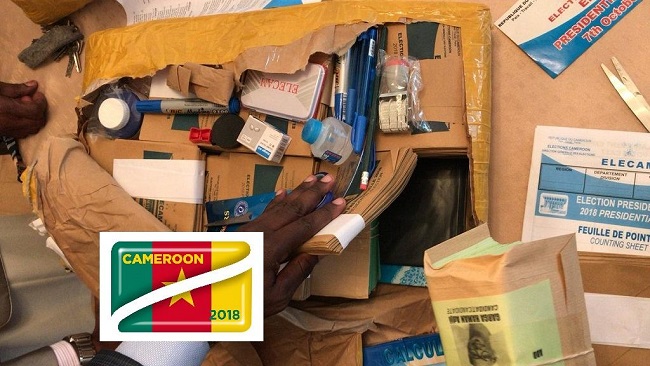
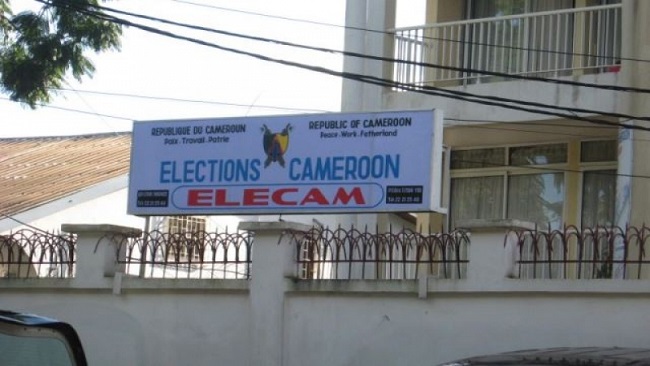

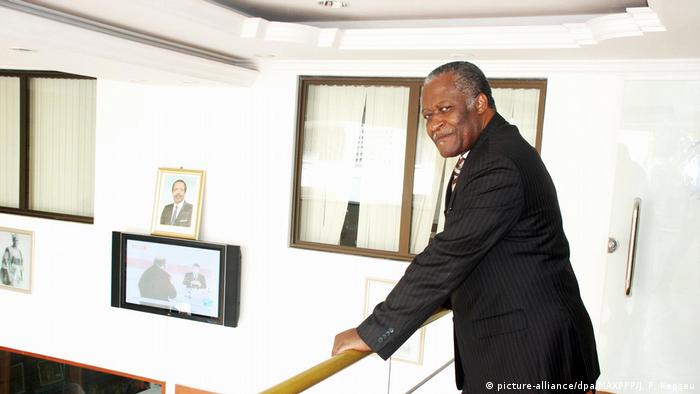
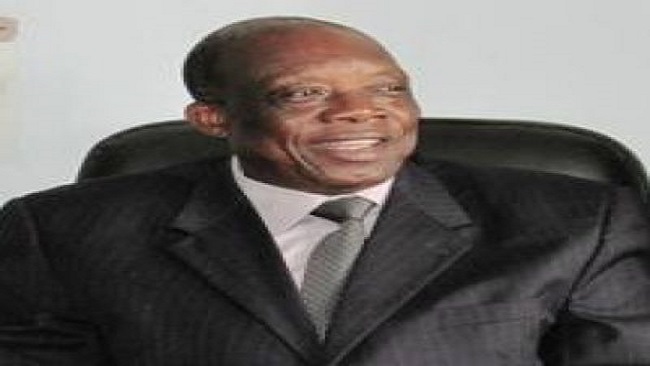
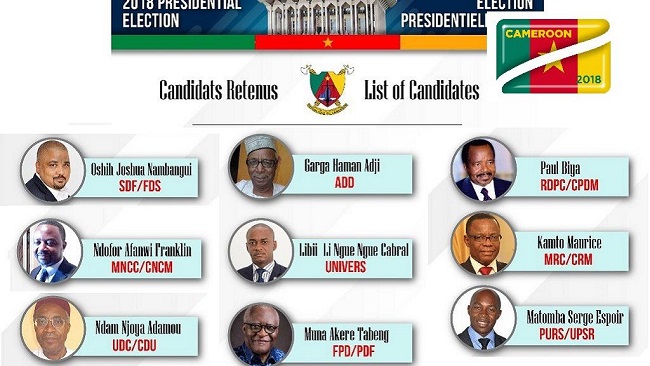
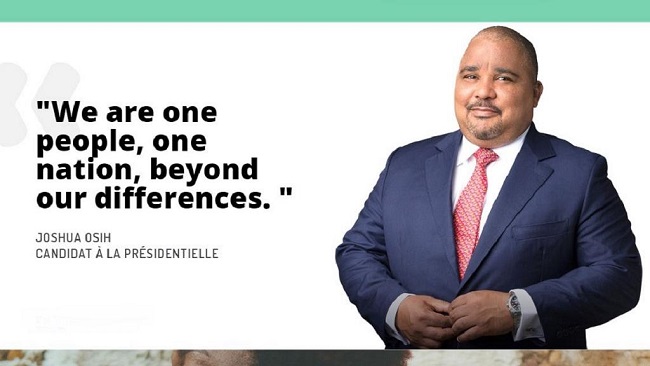

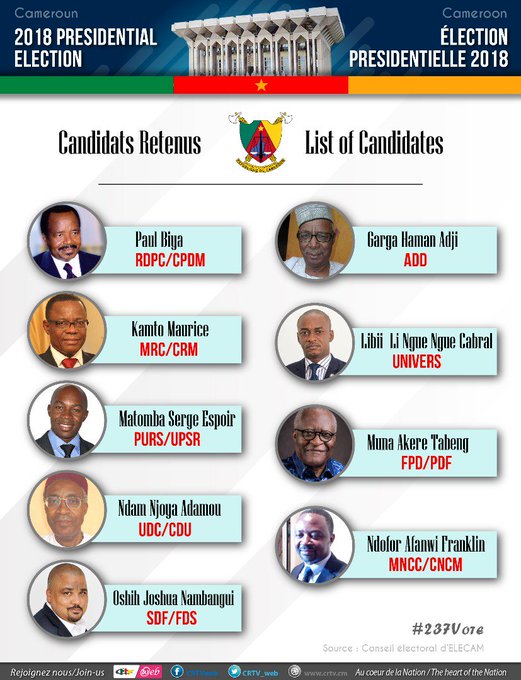

















14, September 2018
Southern Cameroons Crisis: Monarch breaks down again 0
While Cameroon has been caught in a downward political and economic spiral, its president, Paul Biya, is clearly missing in action. The president, also known as the monarch, has not yet returned to his country after the China-Africa Summit which was expected to attract Chinese investors and money to Cameroon.
But with the Chinese noted for their craft and discipline, it is likely that Mr. Biya will be returning home with an empty begging bowl. Like the last time he was in China, he might only end up signing a series of cooperation agreements that might never yield the cash he so badly needs to corrupt voters in his native Cameroon.
It is alleged that even the plane Mr. Biya examined in China will not be delivered to Cameroon as the country is unable to make a good down payment. The Chinese are very suspicious of Mr. Biya and his government. They suspect that the end may be near for a man who is popularly unpopular in his country. Giving Mr. Biya and his government huge amounts of money is, in their view, a huge economic and financial miscalculation.
As to Mr. Biya’s disappearance from the political scene, it is alleged that the monarch has gone to Switzerland for a quick health fix. His failing heart is still a tough challenge and given that he has a huge political challenge ahead of him, he has to see with his doctors if he will be equal to the task.
Mr. Biya’s health has been a huge concern to the country over the last ten years and this has been a huge dent to the country’s treasury. He has been using the country’s treasury as his personal ATM and this has been a huge concern to many development experts who hold that the money he spends abroad could have been better spent at home. After 36 years in power, Mr. Biya has not been able to build a good health facility that can enable all Cameroonians to have quality health care.
Currently, campaigns for the presidential elections are underway and there are nine candidates, including Mr. Biya who is the incumbent. But for now, only eight candidates are in the field trying to convince Cameroonians that they are better than Mr. Biya who has plunged the country into a long civil war and a deep economic crisis.
During Mr. Biya’s time at the helm of the country’s affairs, Cameroon has spent most of its time trying to put out the economic and financial fires that he and his collaborators have been setting.
Mr. Biya inherited a sound economy from his predecessor, but three years after his accession to the country’s highest position, the country’s economic indicators started trending very low. Corruption and embezzlement of state funds have become the government’s hallmark.
It should be recalled that more than 50 of Mr. Biya’s former collaborators are currently in jail for embezzlement and corruption. Many of those in jail have intimated that Mr. Biya is also to blame for all the corruption and mismanagement that have blighted so many lives in the country.
The country is in a deep political and military crisis that is costing the country an arm and a leg. Cameroon needs lots of money to overcome this challenge. After having been mired in a tough military, economic and social battle for two years, the Yaoundé government is facing serious economic and financial crisis and this is keeping the country’s officials awake all night.
The crisis pitting Southern Cameroonian separatists against the Yaoundé government has seriously eroded the government’s financial base. The fighting is expensive and it has taken a huge bite out of the government’s fragile finances.
This is weighing on the government and the operation of heavy military equipment in the jungles of Southern Cameroons is costing the government an arm and a leg. This has been compounded by the economic sabotage that Southern Cameroonian fighters have engaged in.
Over the last six months, some of the country’s major state corporations which are great money spinners have had to deal with the angst of Southern Cameroonian fighters who are determined to bring the country’s economy to its knees.
Corporations such as PAMOL and CDC all require a shot in the arm, but the cash-strapped government of Yaoundé is incapable of providing the much-needed infusion. Priming the pump of these corporations will require huge amounts of money. PAMOL has completely shot down due to increased disruption by Southern Cameroonian fighters.
Some 3,000 PAMOL workers have been rendered jobless and the corporation’s equipment is gradually rotting. Some of the palm oil production corporation’s facilities have been burned down and threats from Southern Cameroonian fighters actually made some of the workers to throw in the towel even before the corporation announced its bankruptcy.
For the Cameroon Development Corporation (CDC), its operation capacity has been diminished over the last seven months. Ghost town operations and violence against its workers have made it hard for the country’s second largest employer to operate at full capacity.
The separatists’ economic sabotage is actually producing the desired effect as the government has seen some of its revenue streams diminishing. With many workers laid off from these two large corporations, the government has also witnessed a huge tax base erosion. The loss of more than 3,000 workers from these two corporations implies that income taxes paid to the government have diminished.
But the collapsing of these two corporations is not the worst news the Yaoundé government will be hearing. Southern Cameroonian separatists have their eyes set on the country’s lone refinery, SONARA, which is located in the southwest port city of Limbe.
They strongly believe that if they can successfully bring down SONARA, then they will be able to force the government to the negotiating table where some of the divorce issues can be discussed and addressed.
The Southern Cameroons crisis which started as a demonstration by teachers and lawyers in Cameroon’s English-speaking regions has resulted in many other problems for the government and it is finally migrating to East Cameroon, as thousands flee Southern Cameroons major cities following threats from Southern Cameroonian fighters to stage sporadic attacks on soldiers and punish civilians who have been cooperating with the Yaoundé government.
All major cities in Southern Cameroons have become beehives as helpless civilians struggle to find a safe place before the expiry of the deadline given by the fighters. Buea, Mamfe, Limbe, Bamenda and Kumba have all witnessed huge crowds struggling to leave, following warnings from Southern Cameroonian fighters that from September 16, 2018, all roads will be blocked and there will be no movement in the region.
More than half a million people have, throughout the week, been seeking ways to leave the region as presidential elections scheduled for next month approach. Southern Cameroonian fighters have warned civilians in the two English-speaking regions not to participate in the elections as they are considered foreign and illegal.
It should be pointed out that Cameroon will be holding presidential elections next month and the incumbent is widely expected to win. Many analysts hold that much will not change in the country and the conflict tearing the country apart may only get worse if Mr. Biya wins the elections.
So far, the government has not issued any statements to reassure the fear-stricken population and local officials have been tight-lipped over the displacement of over half a million people in the region. Meanwhile, the fighting between restoration forces and army soldiers has intensified.
Over the last week alone, more than 200 civilians have been killed in the region, while some 50 army soldiers have been sent to an early grave by restoration forces. The government has been struggling to localize the Southern Cameroons crisis, but as the fighting intensifies, many people are seeking refuge in the French-speaking region of the country.
The mass movement of Southern Cameroonians into other parts of the country has resulted in escalating food and housing prices. The high living cost is keeping government officials in cities such as Yaoundé and Douala awake all night, as they fear that the increasing pressure might cause the cash-strapped Francophone population to rebel against the government.
Mr. Biya is a man under pressure. He wants to prove that he can still do the job. His health is clearly telling him that his time is over. He will be better off throwing in the towel than staying on, as he will only take more pressure that will further ruin his fragile health.
Besides, the world is tired of seeing him. The new global political arena is inimical to old incompetent leaders. Mr. Biya is anything but competent. He has not only failed Cameroonians; he has also failed his foreign allies who are scared that his country might break up or become a terrorist haven in the sub-region.
Mr. Biya’s political and economic failings have transformed him into a clown and a beggar. While heading to China to look for money, he should understand that he who goes aborrowing will one day go asorrowing. He should also understand that he is mortgaging the lives of future generations by borrowing all over the world.
By Kingsley Betek